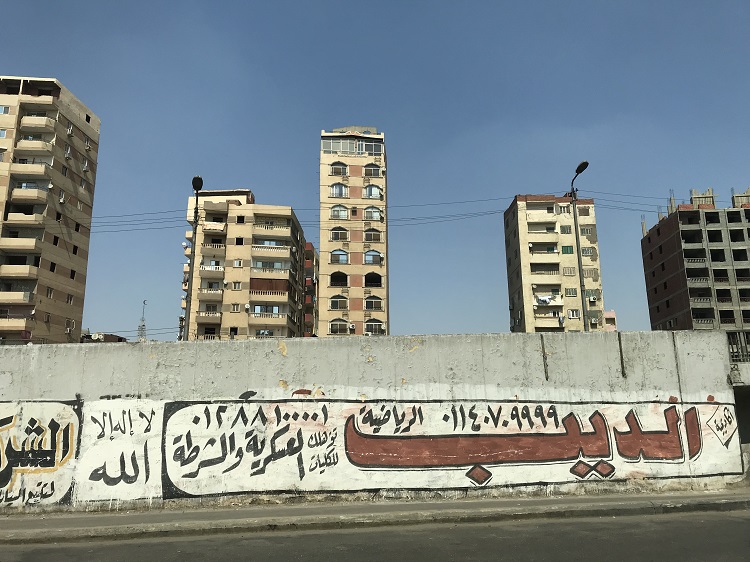
There’s no real way to easily do justice to a city like Cairo, so please indulge me. I’m on a small ship just south of the Sinai as I write this and it has been a few days since we left, I wanted to jot down my observations earlier, but you know, between drinking by the pyramids and diving on a WW2 ship that was sent to the bottom by the Luftwaffe, time was both a rare commodity and wisely spent.
Cairo is hot, dusty, dirty, sprawlingly huge, polluted, loud, ancient, intriguing and hides secrets and treasures. You also get the feeling of a city trying to burst free from its broken shell, without quite managing it just yet. An imperial ugly duckling so to speak.
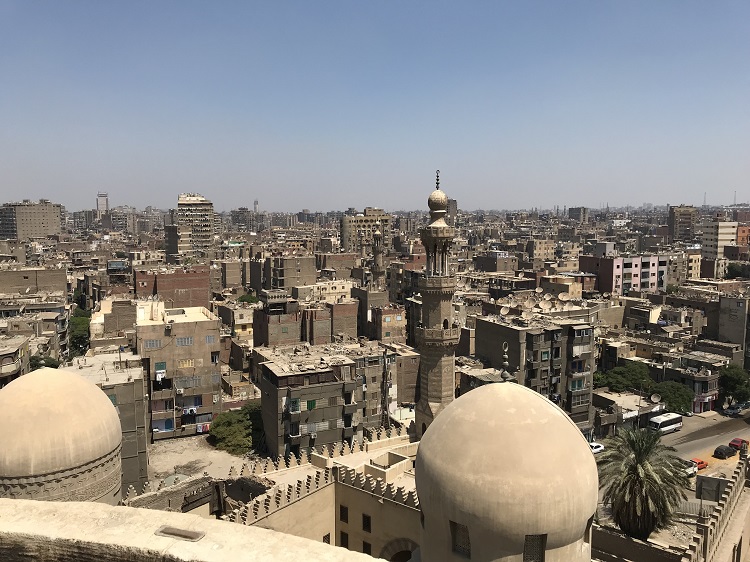
For one thing, traffic is a confounding mess by North American or European standards. If you think you can drive in Cairo without being raised there you are profoundly mistaken and have been smoking some very potent wacky-tabacky. Not even in early 90’s China did I see such intense yet apparently functioning chaos. Car lanes are at best weak suggestions, stop lights are few and far between, honking is mandatory and clearly a language unto itself (you can’t drive without a horn). I did not see street signs or speed limits (except by the airport), pedestrians cross 4-lane thoroughfares willy-nilly, cars frequently drive on the wrong side or back-up in highway traffic, carts pulled by donkeys are a common sight and heaps of smelly garbage line a lot of the streets. Also, a plenty of guys with big guns. More on that in a bit.
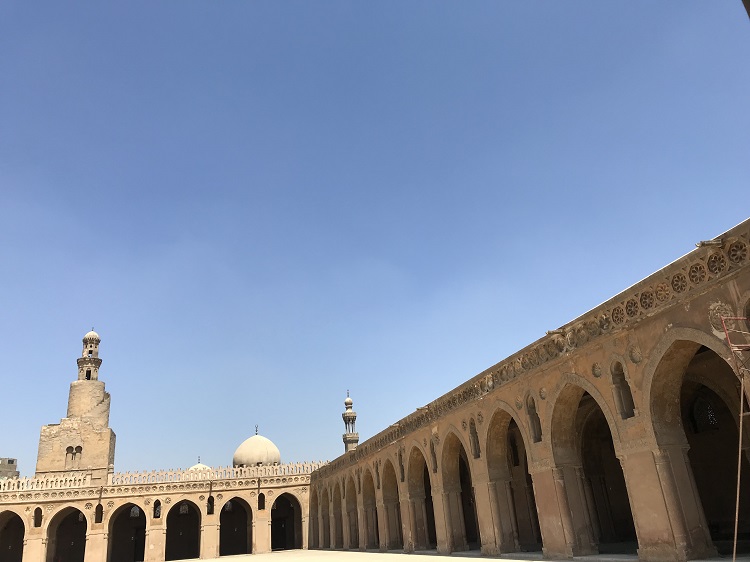
Being driven and chaperoned through the city I could not help but feel it had a bombed out look. Many buildings have half or more of their windows missing or are otherwise unfinished, in some cases collapsed floors are visible. From what we have been told, a lot (I mean a lot, like whole city blocks) of buildings are left partially unfinished to avoid paying taxes on them. They are called “savage” or “wild developments”, and technically should not be lived in or have electricity, but “corruption” was all our guide said. A lot of those buildings also had precarious looking terraces built on roof top stilts, for extra useable space or to raise pigeons. Minarets tightly dot the landscape and are frequently decked with garish neons lit at night. Some buildings with decades of accumulated grime look like they might have been designed by the baron Haussmann himself, are the left overs from a different age. Only in the core of downtown, the financial/embassy district, did the city look like any other modern town. Elsewhere it felt, for lack of better words, unkempt or derelict, and without offence to my Egyptian friends, a little third worldish. More than once I saw a person walk up to a curb and simply toss a bag of garbage in the middle of the street. Cairo has around 30 million people and it does not look like the infrastructures kept pace with the population.
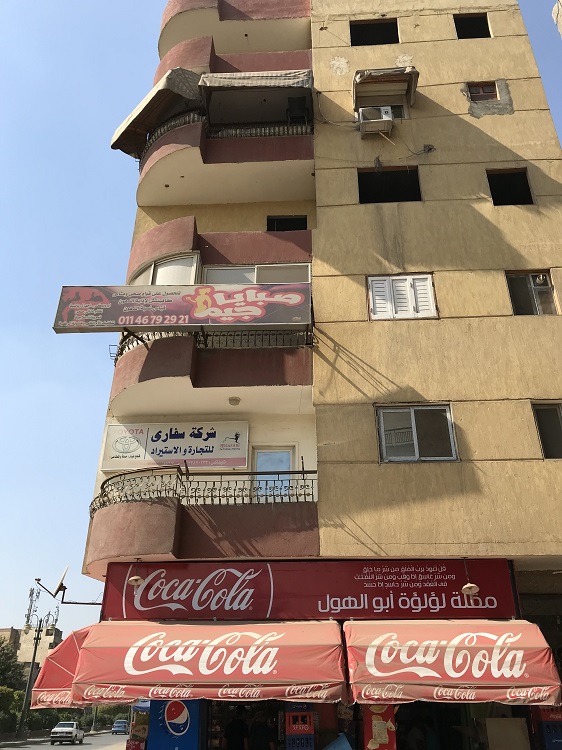
So yeah, as inferred above, for the first time in my life I travelled with a guide and a driver. I still hate the concept but it was a great idea. Sure, you could plan and do everything by yourself and hire taxis (the white ones, not the black ones), but a local guide will save you soooo much hassle. From buying tickets, to negotiating check points (lots of those), to paying off the right person, not to mention all the info they have about the various sights (they will also answer your various questions about society, but sometimes disingenuously, we were told obvious bullet holes in a mosque’s wall were “erosion”). You might also need an armed guard.
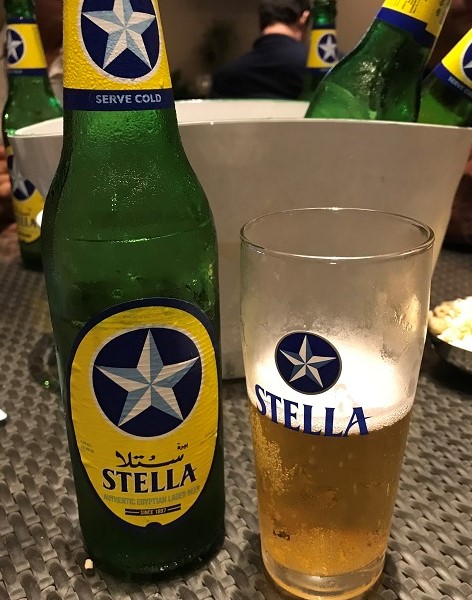
I’m not kidding about the guard. Apparently for groups larger than ten people, at some locations (our guide was unsure which one or why exactly, or she didn’t want to say) an armed guard is mandatory. We’re not talking fatso mall cop security guard in a light blue shirt, a plastic badge and stained grey polyester pants. We’re talking Vin Diesel in a suit, with a handgun on one hip and a small submachine gun on the other. No exaggeration. In one way it does make you feel safe, in an other you figure this is not done for shits and giggles. Security forces are omnipresent in Cairo, every public place we went to used metal scanners for people and x-ray machines for the bags, including some restaurants and even our hotel. A lot of parking lots we drove into also had K-9 units that sniffed all around the vehicle before we were let in. Safety barriers, road blocks, young guys with AK’s behind large SWAT shields, and plainclothes officers openly carrying firearms in such numbers as to make a Texan blush. Clearly security is a concern. Should you avoid Egypt? I don’t think so. Should you take every precautions and be careful (as much as you can)? Absofuckinglutely.
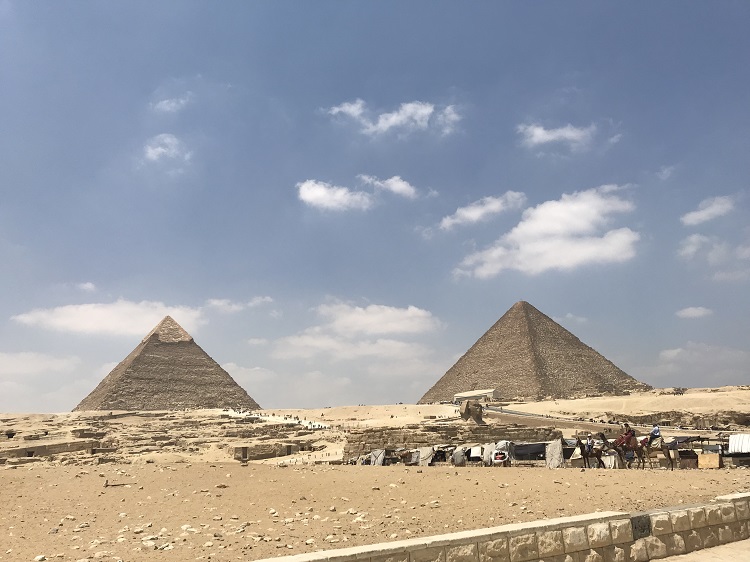
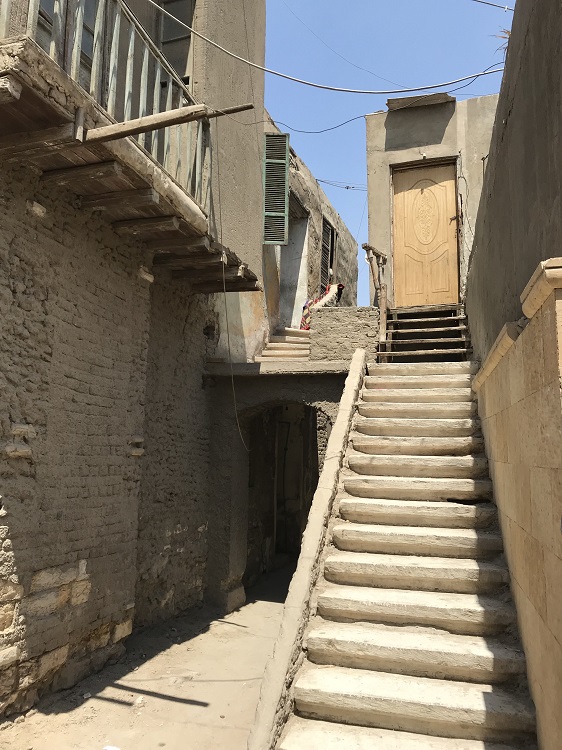
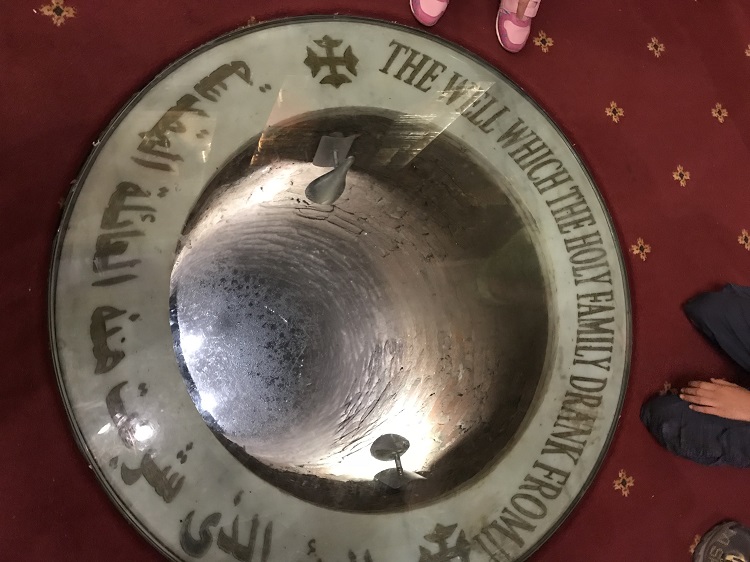
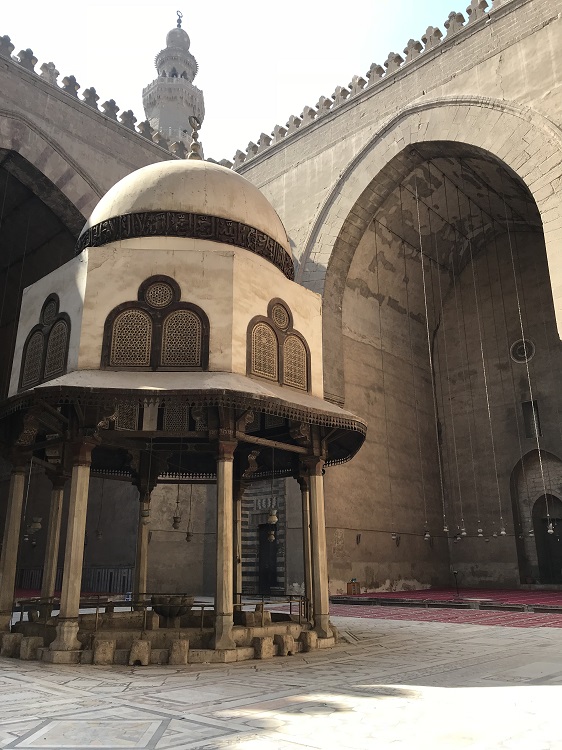
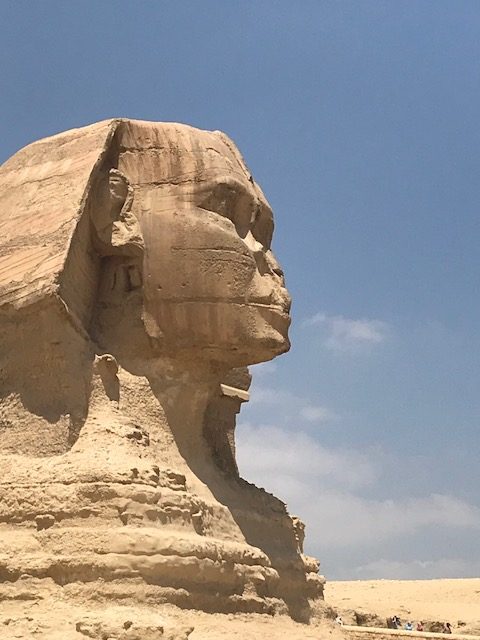
Cairo remains, all that I have said above notwithstanding, a very exotic and in some instances enchanting city. The pyramids and the Sphinx might sound like the biggest tourist clichés but there’s a good reason why. Go see them. Yes the various peddlers can be a pain in the ass, it is still a must see (and we know so very little about them). Same thing for the Citadel (some parts date to the 12th century) and the ancient mosques (wonderful, I wanted to say magical but that probably would have been impious). The sense of history and culture is very rich in Cairo. Keep in mind we are closer, in time, to Jesus, than he was to the building of the pyramids. The Sphinx had been forgotten, buried by sand and rediscovered (by Tutmosis IV, following a dream), by the very same (probably) civilization that built it (let the alternative history discussions begin). That’s interesting in of itself, it speaks of a serious break in cultural transmission. Maybe some of the fringe theories are right, and the Sphinx does predate (greatly) the pyramids… Who knows? Though I tend to agree with the archeologist that answer “show me the potshards”, even at so ancient a site as Gobelki Tepes there’s plenty of datable evidence (animal bones from feasting among other things). Then again, the Nile used to come up pretty much all the way up to the Sphinx (Google early 20th century photos), and it’s only since the building of the great Aswan dam , completed in 1976, that it changed its course. Who knows what might be hidden in what was once its bottom, or even in yet undiscovered trash pits?
Here are some completely personal tips/observations if you are planning on visiting Cairo:
Bring a ton of one dollar bills. It’s hard to get small bills, banks and ATM’s will give you large denominations and the change you might get in shops or restaurants will not be sufficient for all the backsheesh (tips, gratuities) that is expected. Don’t fight it, it’s how it works, be prepared. A man opens the faucet for you in the WC? Backsheesh. A police officer takes a picture of you by the pyramids? Backsheesh. A caretaker unlocks a door in a mosque or at an archeological site? Backsheesh. “Guarding” your shoes at a mosque? Backsheesh. And so on and so on. Guides, drivers, guards, hotel staff of course, everybody that performs any type of service for you should be tipped. Sometimes they are subtle about it, sometimes not at all. Like the little girl pointing at a tip basket in the men’s washroom (she was standing on the door sill) after handing me two squares of toilet paper (to dry my hands). Just factor it into the cost of your trip, they are not taking you for a ride, it’s just how things are done here. The majority of the population lives in relative poverty (I read a stat about it, though I’m not sure how to gauge “poverty” here), you will not see many fat Egyptians that’s for sure and the general impression is one of material scarcity. Don’t be surprised if two different guides or custodians of something you are visiting start arguing over who gets the right to show you around or whatever. Even armed and uniformed officers were not too reluctant to accept a tip. Be gracious about it, that 30 or 60$ backsheesh budget is probably of little consequence in your budget/life. Tourists are starting to be more frequent in Cairo, but since the 2011 revolution up till about 2016, they were so few and far between that guides could no longer make a living. The pyramids are still far from crowded, there were many more Arab tourists than “Westerners”, to use a strangely inadequate expression. The Saqqara complex was literally empty, except for custodians, guards and one lone vendor that followed us around asking for backsheesh and repeating “no tourists no business”.
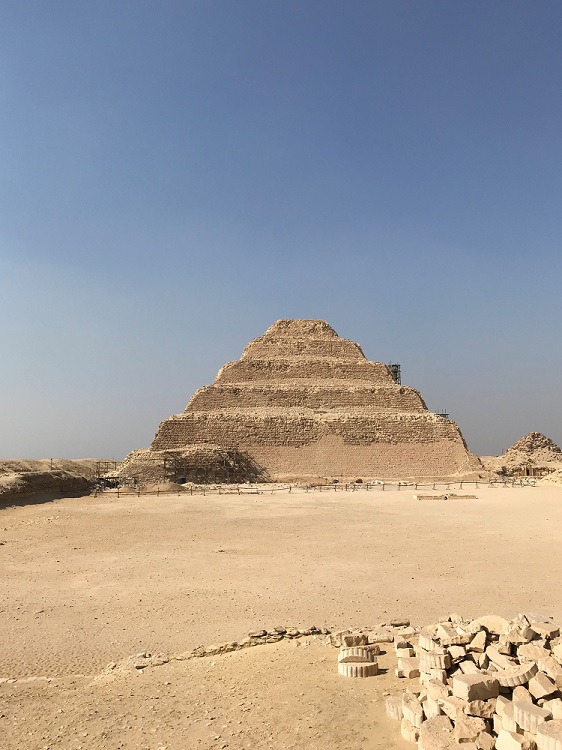
Vendors can be quite insistent and, very intrusive by our standards, they won’t hesitate to take you by the wrist to lead you into their shop. Just firmly decline (and pry yourself free if needed) any offer you are zero interested in, or be ready to haggle intensely otherwise. Especially refuse any “gifts” or “free thing” they might have for you, they will put stuff in your hands and not take it back, you will have to set it down somewhere with a clear “no”. Pretty much any trick will be used to engage you. Asking to see your tickets when not in any official capacity, telling you they know you, wanting to know where you’re from (Canada? Canada Dry!), sometimes with something approaching humour (“this is the place where you will spend your money”), other times less so (“I give you all my camels for your wife”). Just keep on walking. One man wanted to shake my hand, but I could tell he had hidden something in it (a fake turquoise scarab I think), so I told him no, that he was going to leave the scarab in my hand on purpose (I noticed the same guy try a similar trick earlier, throwing the blue rocks at tourists’ feet to see if they would pick them up, I had seen a variation on that theme used by a Gipsy woman in Paris). So he puts the scarab away and says he just wants to shake my hand “with open hand”. I take that as a universal show of good faith, and not wanting to be a complete bag of dicks I give him my hand, and guess what, the cheeky bugger wouldn’t let go of it. I squeezed his wrist with my free hand then pried myself loose, he decided to go after other game.
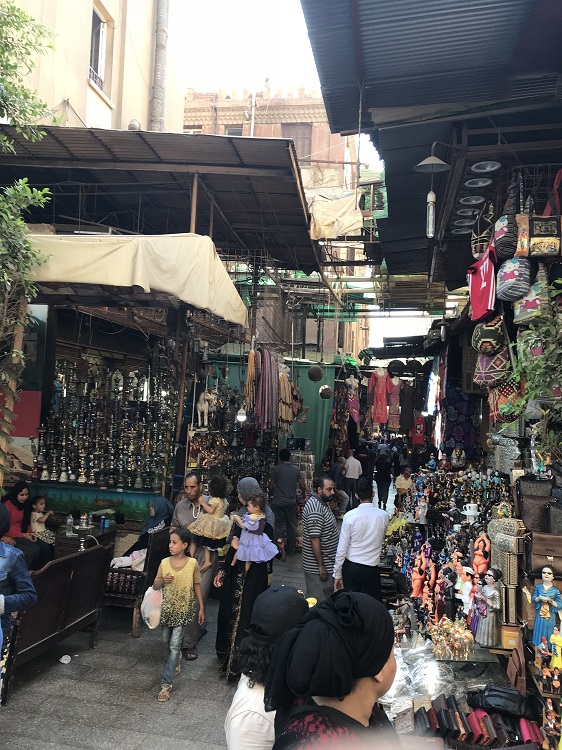
Unless you are made of money and do not mind paying anywhere up to 50 times (800 Egyptian pounds for a scarf that you could have for 30) the value of souvenirs be ready to haggle. It will help you if you decide ahead of time the price you want to pay for something, have the exact amount (forget about getting change), and don’t give them your money until you have the merchandise in your hand. Trust me, I learned that one the hard way.
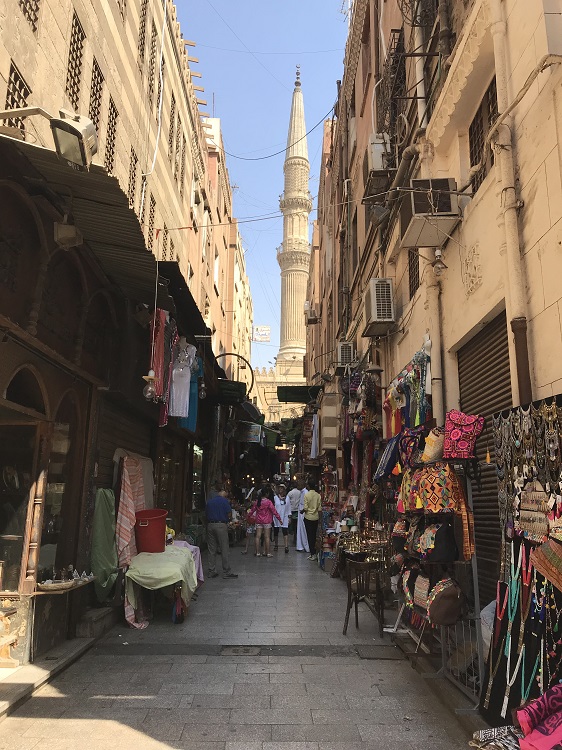
If you take a tour, some meals might be included in the price. Sounds appealing, beverages however are not, but you are told about it up front, seems legit. Should that be the case stick with bottled water if you choose to drink anything at all, and in the Cairo heat, odds are good you will. The simple truth is you will be charged the equivalent of a fairly expensive meal (at tourist prices) for any other drink. Mint tea at 300 Egyptian pounds is a very clear rip off. Also, if at all possible ask your guide to take you to places were Egyptians eat, tourist traps are tourist traps the world over.
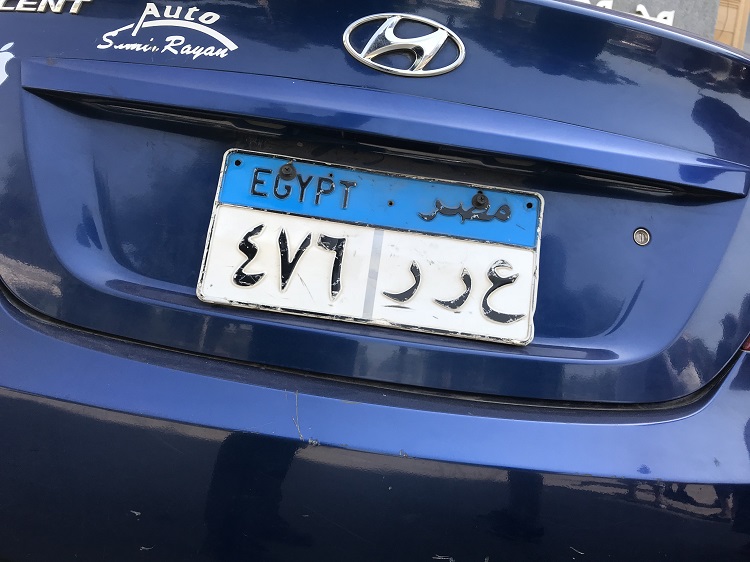
Kids will be very curious about you. Like I mentioned, there has not been that many tourists in Cairo since 2011, we were clearly a curiosity for many of the younger kids (and the less young as well), especially as the women in our group did not wear veils. Several kids, under or around ten years old, approached us shyly (sometimes at the urging of their mothers) to greet us with a warm and well said “Welcome to Egypt”. You did get the feeling that most people had a friendly disposition, there was a lot of smiles from kids thrown our way, and people often waived at our minibus.
For everything that seems different about Egypt and Egyptians, there is in fact many more things that are identical and remind me that we are one big, albeit highly dysfunctional, family. The futur and the hope of that family is as always, and I’m aware that I’m reversing the history of literature since Homer as I write this, its youth. Untainted by political or religious discourse the young people I saw were in no way different from my own nieces and nephews, and though Snapchat dog-face filters may seem like the work of the Devil, they may in fact symbolize one of the unforeseen bridges across communities.
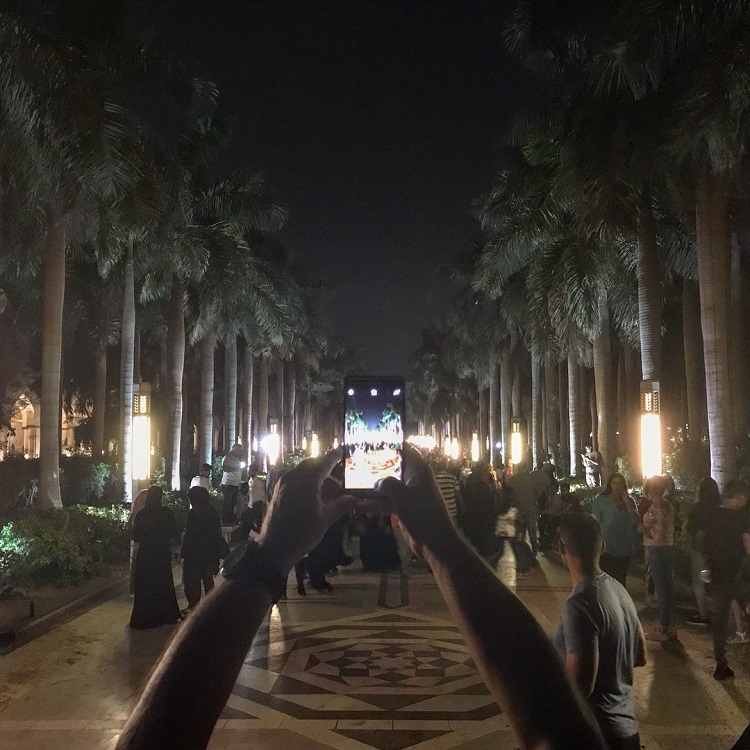
Smile for other people’s selfies next time you travel.

Awesome
Great Tips for maybe one day visit
Rodney
So how many camels exactly is « all my camels »? Just wondering…